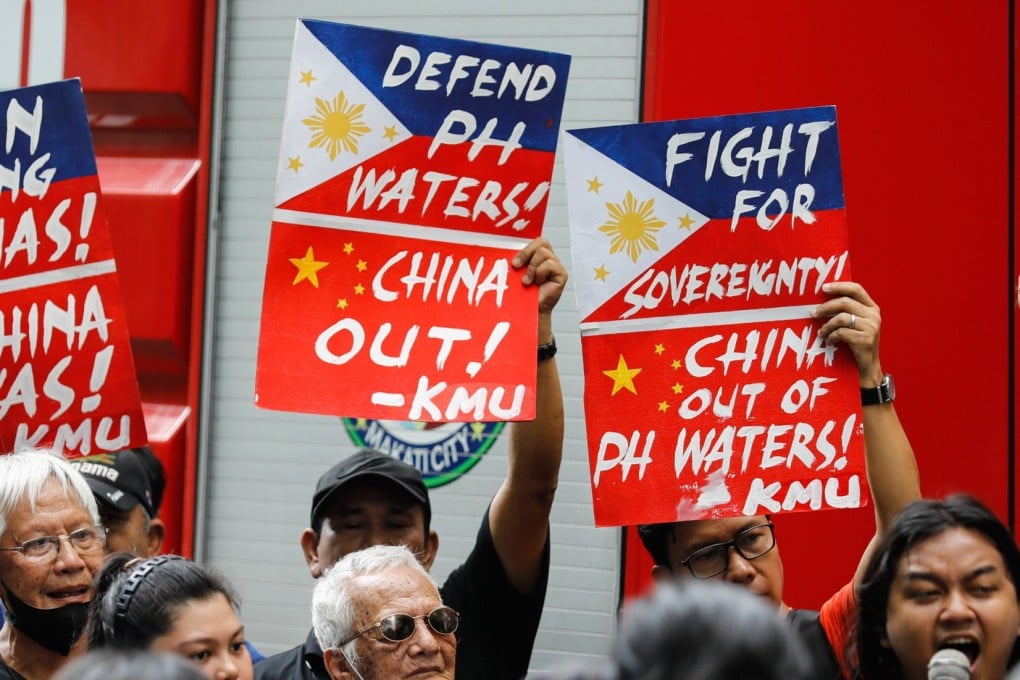China-Philippines ties on ‘brink of total breakdown’: unpacking the collapse
- Their churning South China Sea quarrel has now reached ‘boiling point’ – and Filipinos are demanding action

Fast forward 16 years and those 80 support pillars are now gone, torn down after the ambitious Northrail scheme was abandoned amid allegations of corruption and mismanagement. Yet 200km to the northwest, a new structure is taking shape – one with very different intentions.
What began as a story of infrastructure cooperation has morphed into an epic tale of betrayal and confrontation, the once-chummy relationship between Manila and Beijing giving way to escalating geopolitical rivalry. The rise and fall of those Northrail pillars now bookend a new, more ominous chapter.
“I think relations are the worst in recent memory because the hostility and aggression of China at both the strategic and tactical levels are palpable,” former senator and retired naval officer Antonio Trilllanes told This Week in Asia.
